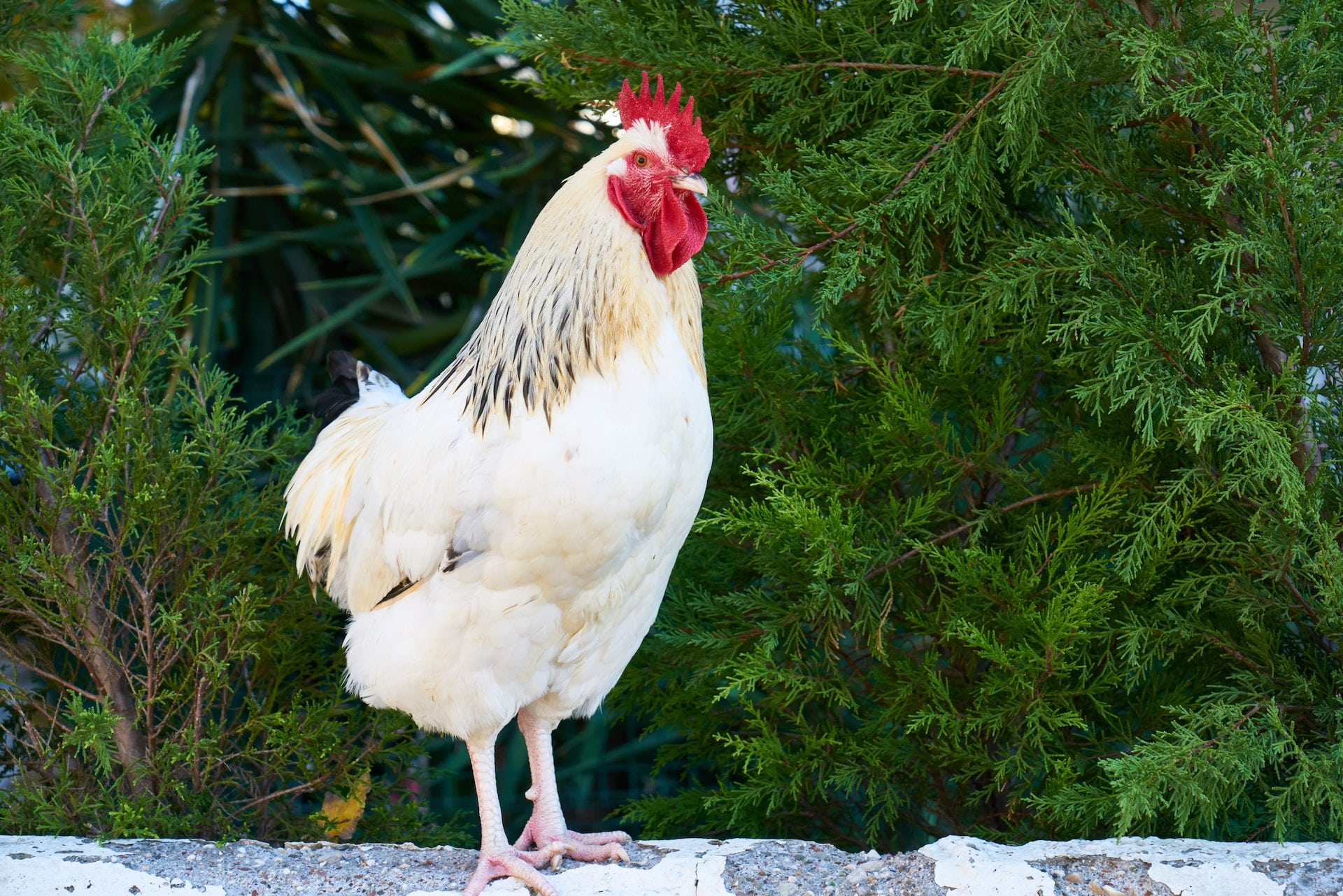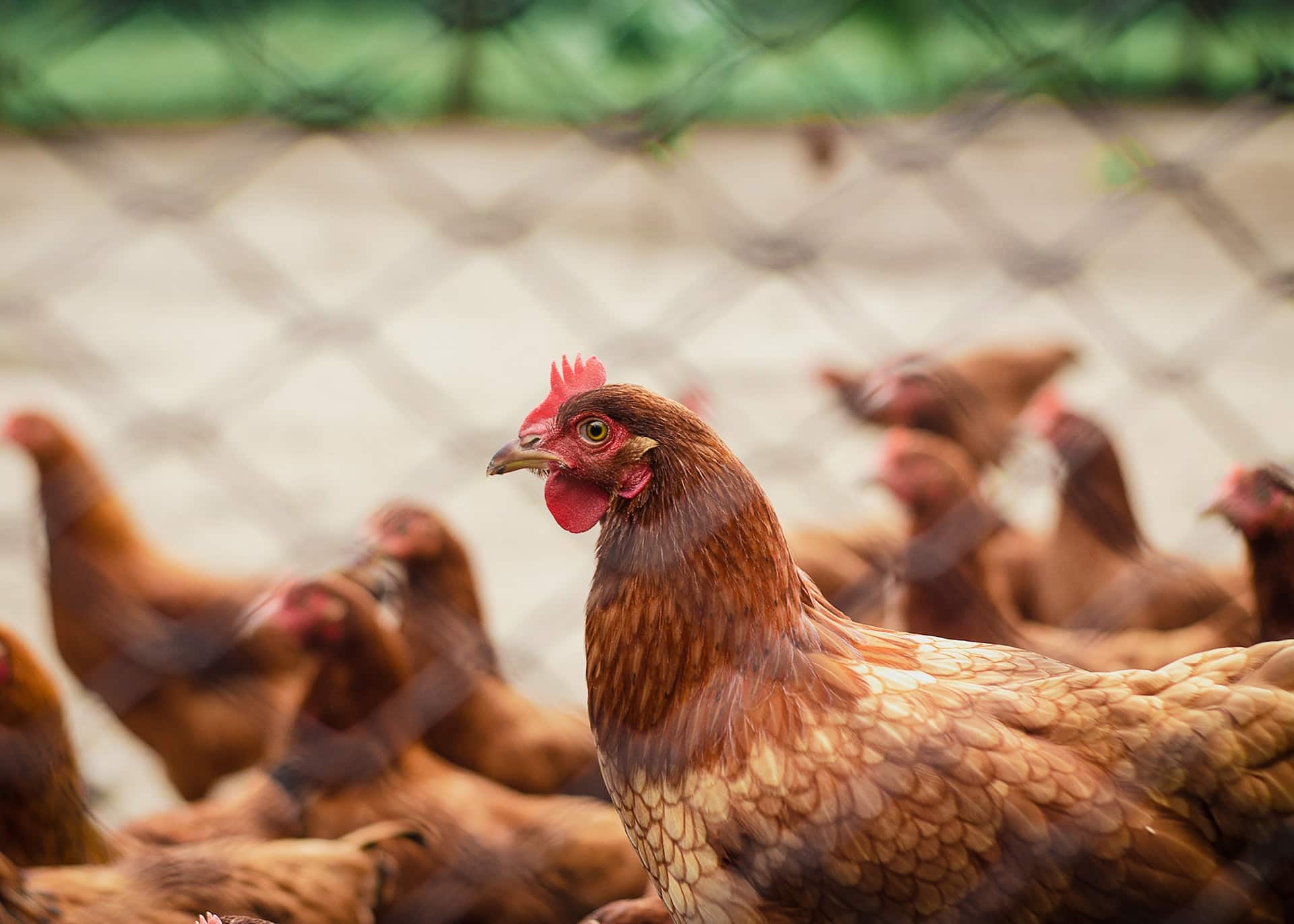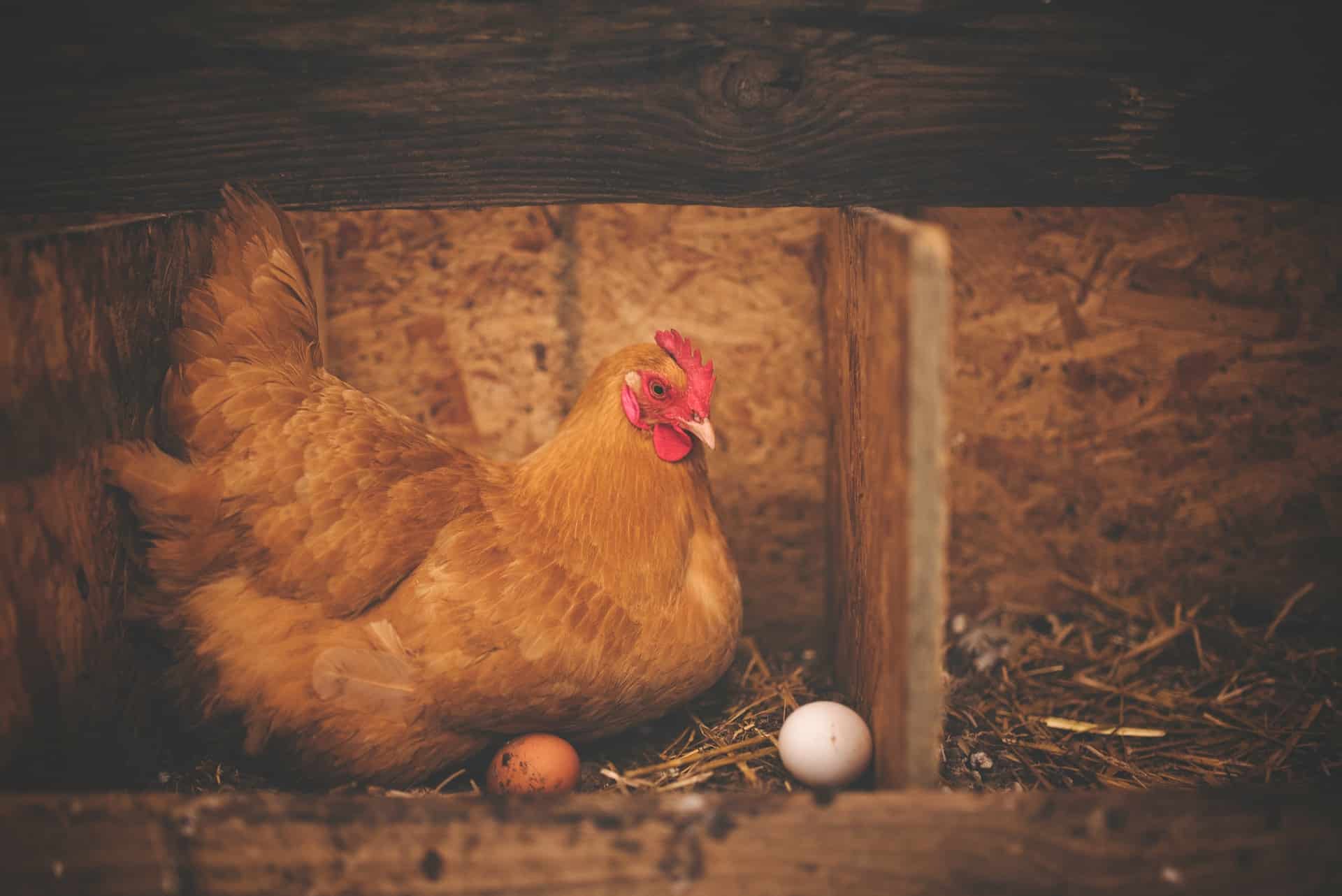Infectious poultry disease outbreaks is one of the major causes of large losses to poultry farmers as a result of simultaneous deaths.
When a farmer experiences poultry fatalities, before the end of the production cycle, he should not expect to make a good profit after the sale.
Death-related losses can be avoided, minimized, or made to occur on a small scale. This is possible, the following is how to achieve it.
10 Ways of Preventing Infectious Poultry Diseases.
1. Always wash drinking utensils and pour out the remaining water.
Ensure that you pour away the remaining water in drinking utensils and wash the utensil with soap and water on a daily basis.
Next, use clean water without medicine and do not use warm/hot water or any other water which you are not sure of its source.
If you wish to use treated water, then use water that is treated with Vitalyte which is an effective and water-soluble feed supplement necessary to maintain the growth, development, and health status of poultry and livestock.
2. Give them water before meals.
Birds are different from humans or any other animals. Ensure you give them water before the meal, especially if you are using feeding trays made of wood. This is to make sure they do not cause a stampede when trying to feed in one place.
3. Do not give them stench/smelly food.
It is very dangerous to give your birds/poultry smelly food. It is like feeding them poison. Stench or bad odors make the chicken susceptible to diseases or can cause other health problems.
4. Adhere strictly to vaccination schedules and treatments.
You need to find the right treatment and vaccines for the birds you breed. Vaccinations will greatly strengthen their immunity against dangerous diseases such as Newcastle disease, fowlpox, infectious bursal disease (IBD), and Marek’s disease.
Drugs used in deworming and other antibiotics are very important for the health of chickens and other birds.
5. Buy and breed healthy chicks.
Most of the poultry health problems are the results of poor early survival of the chickens or they are genetically inherited.
It should be known that some birds inherit poor health from their parents. However, some farmers also breed chickens who are in poor health and thus sell weak chicks or eggs to the victims and thus the buyer finds himself buying problems.
6. Restrict the concentration of ammonia air.
The longer the smell of bird-droppings mixed in sawdust remains in the air, the more the concentration of ammonia in the air is increased. This, in turn, causes the birds to be choked to death.
Always remove raw or corrugated nesting and replace them as soon as possible to avoid deaths from infections or airborne diseases.
See Cleaning and Disinfecting Your Poultry House.
7. Avoid rats and other small animals.
The poultry yard should not allow rodents or small mammals to enter. It should not also allow wild birds. You can prevent this by setting up nets or spraying.
If these animals get hungry, they might kill and eat your chickens or even prevent the chickens from eating food or drinking water.
8. Focus on cleanliness and safety.
The aspect of hygiene and safety is broad but, all you have to do is focus on sanitation outside and inside the birds’ house.
You need to always maintain the health of your poultry not only when they are affected by an outbreak.
9. Give them enough food but don’t overfeed.
Birds, like any other mammals, cannot grow and reproduce effectively if they are given poor nutrition.
Good nutrition is a solid foundation and it is protective as poor food leads to weight loss and weak immunity.
This, in turn, will cause the birds to die early. Ensure that you give your chickens enough food but don’t overfeed them.
Also read: Poultry Farming in Kenya – 2020 Update
10. Protect them against cold.
Cold weather is an enemy to the health of humans, animals, and birds. You need to try your level best to protect your birds from the cold as it kills them very quickly like poison.
To do this, you can either make a source of heat for the birds during cold seasons or build a house that does not allow cold. These are the most important ways you as a farmer can use to prevent infectious poultry diseases.


